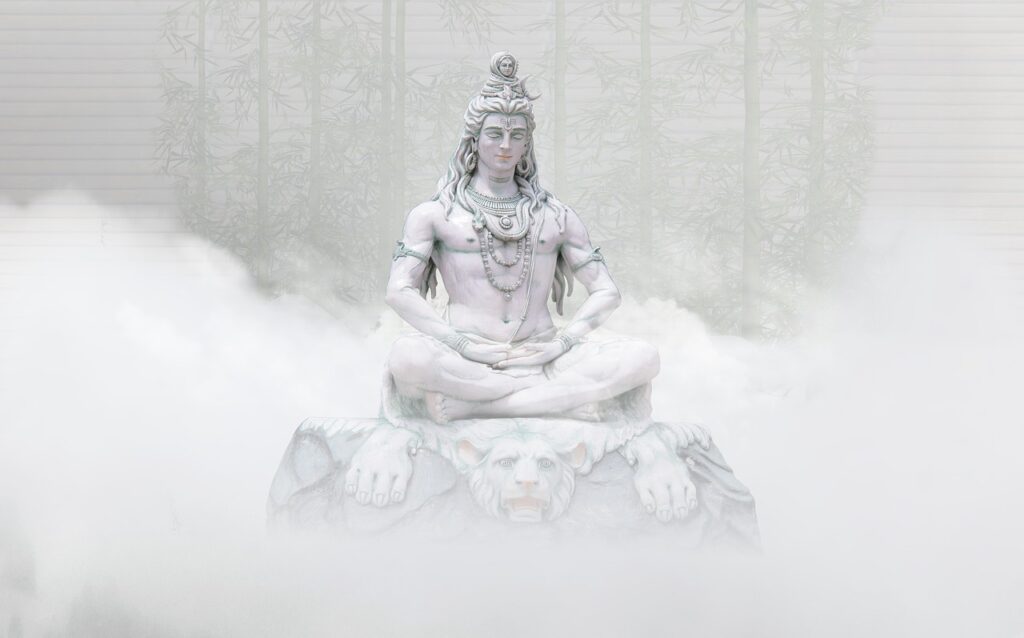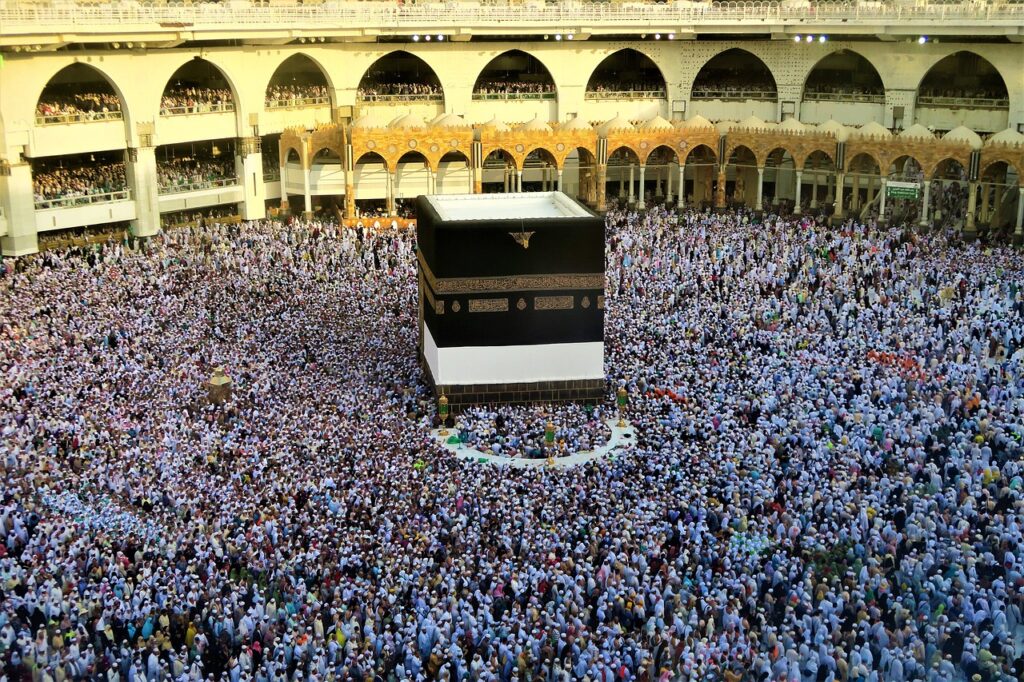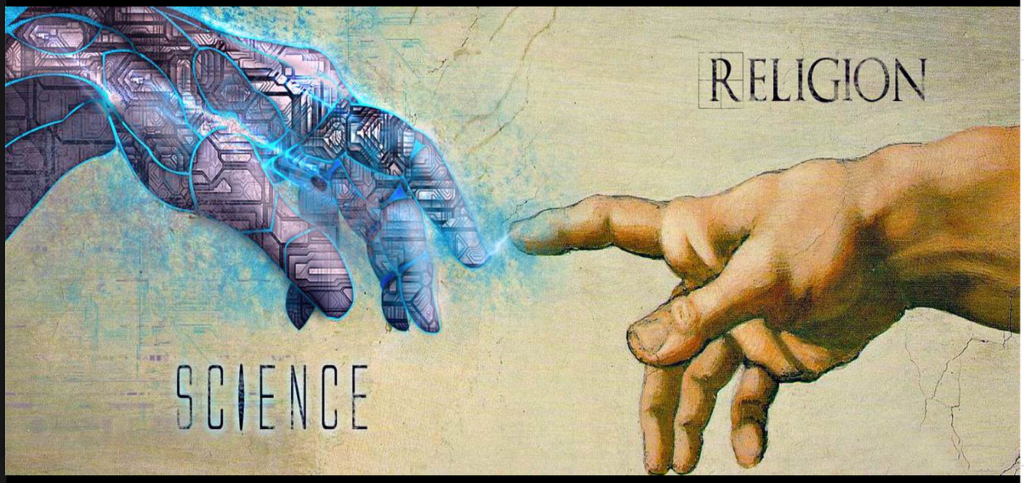
Religion has shaped societies, cultures, and individual lives for millennia. The origins of religion are as ancient as humanity itself. Early humans looked to the sky, the earth, and the unknown, searching for meaning and answers to the profound mysteries of existence.
They crafted myths, rituals, and deities to make sense of their world. These early spiritual beliefs served not only as explanations for natural phenomena but also as a means of establishing order, moral codes, and a sense of community.
Over time, these primal beliefs evolved into organized systems of faith, giving rise to the major world religions such as Christianity, Islam, Buddhism, Hinduism, and Judaism. Each religion brought its unique teachings, texts, and traditions, influencing the course of civilization in profound ways.
Despite their differences, religions share common threads, providing moral guidance, fostering communities, and offering a framework for understanding the metaphysical and moral dimensions of life.
Yet, it is essential to ask: What if religion had never existed? How would the absence of these spiritual narratives have shaped the world we know today?
Related:
Religion as a Foundation of Morality

Religion has long served as a moral compass for countless individuals and societies. It provides a framework for distinguishing right from wrong, guiding human behavior, and establishing a sense of justice. But what if there were no religious moral codes? How would society grapple with issues of ethics, virtue, and human rights?
The absence of religion could foster a more secular moral foundation, driven by philosophy, humanism, and reason. In such a world, moral frameworks might be shaped by individual and collective philosophical explorations and ethical debates, nurturing a deeper understanding of the underpinnings of human behavior.
Even though religion and its morality, especially with regards to religion institutions, can be questioned in many categories – religion serves as a baseline for moral behaviors for many people.
Millions if not, billions of people would be lost without religion.
Sure, some would develop their internal moral definitions and standards of behaviors, but many are so connected with religion that they would be completely and utterly lost.
And lost people, or people without moral grounds could start to engage in some horrific activities in our society and culture.
Recommendation: If you're interested more in similar topics we'd recommend to check out following book: "Anarchy Evolution: Faith, Science, and Bad Religion in a World Without God."
Wars Without Religion: Would They Still Occur?

Throughout history, religion has often been intertwined with conflicts and wars. From the Crusades and the European Wars of Religion to more recent examples like the Israeli-Palestinian conflict and sectarian violence in the Middle East, religious differences have frequently served as reasons for violent disputes.
These conflicts, with religious underpinnings, have shaped the course of nations, led to the loss of countless lives, and left deep scars on societies. The connection between religion and wars cannot be denied, as religious convictions have been used to justify and incite violence in various parts of the world.
One pertinent question is whether wars would persist in a world without religion. While it’s tempting to speculate that the absence of religious fervor might lead to a reduction in conflicts, it’s important to acknowledge that wars are often driven by complex factors, including political, economic, and territorial disputes. The history of humanity is also full of examples of non-religious wars, such as the geopolitical struggles of great empires, resource-based conflicts, and ideological clashes.
In a world without religion, it’s plausible that some conflicts driven by religious divisions would be averted. However, the underlying causes of many conflicts, such as power struggles and competition for resources, would likely persist. Furthermore, other ideological and cultural differences could still fuel tensions and result in violent disputes. Human history demonstrates that conflict is a multifaceted phenomenon, and the absence of religion alone would not guarantee a world free from wars.
As we written in details in our article „World Without Wars & Weapons“, humans are constantly in some kind of conflict. That is unfortunately the case now in 2023 and it has been the case throughout history.
Hopefully humans will evolve in upcoming years and wars will be only relic of history. But for now this seems only like wishful thinning and farfetched utopia.
So with that, let’s explore additional categories of society and life where religion had big impact – both positive and negative.
Cultural Evolution

Religion has been in many cases a driving force behind the development of art, architecture, and literature. Iconic religious masterpieces, from the Sistine Chapel to the Islamic calligraphy, have left an indelible mark on our cultural heritage.
In a world without religion, how would the arts and culture evolve? Would we witness a more diversified and secular cultural landscape, with artistic expressions driven by humanism, science, and the celebration of the human experience?
Perhaps we would.
The absence of religious influence might lead to a flourishing of creativity, with artists and thinkers drawing inspiration from the wonders of the natural world and the human condition.
However, without religion we wouldn’t have those spectacular churches and monuments around the world. And those are one of most beautiful buildings ever built by humans.
Social Structures and Rituals

Religion has also played a central role in shaping social structures and rituals. The concept of marriage and communal gatherings are often rooted in religious traditions. In a world without religion, what would bind communities together and mark significant life events?
New secular ceremonies and societal structures may emerge to fulfill these essential roles. These novel communal bonds and rituals might be grounded in shared values, cultural traditions, and human interconnectedness, offering a sense of belonging without the need for religious affiliation.
Many people are currently non-religious and they have their normal social structures and also some rituals. Religion is not needed for that.
As per sociologist Phil Zuckerman, there are approximately 500 to 750 million individuals globally who are characterized by their lack of belief in a deity (atheists).
So that would lead our thought to the direction that people could thrive without religion. However, that depends largely on the individuals.
Because, while some people could thrive if religion never existed, many would not be able to do so.
And why is that?
Well, because without religion, many people would lose their purpose and meaning in life.
Related: Check out our book about meaning and purpose: "The Life: Meaning, Purpose and Death"
The Quest for Meaning

Religion has provided answers to some of life’s most profound questions, offering explanations for our existence, the nature of the universe, and our place within it. Without religion, how would individuals grapple with the existential and metaphysical inquiries that have long perplexed humanity?
Science, philosophy, and personal exploration might take on new significance in the search for meaning and purpose. In this scenario, human beings may engage in an intensified pursuit of knowledge and self-discovery, relying on reason and the scientific method to explore the mysteries of existence and the cosmos.
While this is already happening and science is thriving, one needs to ask the question – how would society look today if there wasn’t religion at all.
Perhaps better, perhaps worse? No one can answer this hypothetical question.
No one indeed.
Scientific Advancement

Religion and science have had a complex relationship, with moments of collaboration and conflict. In a world without religion, would scientific progress accelerate, free from religious dogma and constraints, or would it lose some of the inspiration and motivation that religious quests for understanding have provided throughout history?
A world without religion might witness an even greater emphasis on scientific inquiry and technological advancements, driven solely by the pursuit of knowledge and practical applications. Science, guided by reason and empirical evidence, could become the dominant force shaping the progress of humanity.
But being honest – science already is dominant force. Some would even go so far saying that science already has some characteristics of religion. This is called scientism or excessive belief in the power of scientific knowledge and techniques.
The Individual vs. the Collective

Religion often emphasizes the importance of community and collective identity. In a world without religion, how would the balance between individualism and collectivism shift? Would societies become more individualistic, or would new forms of community and belonging emerge to fill the void left by religion?
In the absence of religious institutions, communities could form around shared interests, values, and cultural identities, possibly leading to a more diverse and dynamic landscape of social networks and affiliations.
Human Spiritual Quest

The human quest for spiritual fulfillment has been closely tied to religion for millennia. Without religious doctrines, rituals, and institutions, how would individuals pursue their spiritual journeys? Would we see a proliferation of alternative spiritual practices and beliefs, or would spirituality take on entirely new forms?
A world without religion might witness the rise of a diverse array of spiritual practices, ranging from psychedelic experiences, mindfulness and meditation to the exploration of interconnectedness with nature. Individuals might seek personal meaning and transcendence through self-discovery, personal growth, and a profound connection with the natural world.
And at the end let’s explore potential future of religion.
Will Religion Disappear in the Future?

The question of whether religion will ever disappear is a complex one. While we can explore a world where religion never existed, the reality is that religion has endured throughout human history, adapting and evolving in response to changing times and societal needs.
Some argue that as societies become more secular and rational, religion’s influence may wane. Others contend that religion remains an integral part of the human experience, offering answers to questions that science and philosophy cannot fully address. The future of religion is uncertain, but it remains a subject of ongoing debate and reflection, highlighting the intricate interplay of faith, reason, and human experience.
Looking purely from statistics and number perspective we’re witnessing growing numbers of atheists/agnostics in countries across the world. In the comprehensive analysis of atheism conducted by sociologists Ariela Keysar and Juhem Navarro-Rivera, it is revealed that there are approximately 450 to 700 million individuals around the world who identify as positive atheists and agnostics, making up roughly 7% of the global population. Notably, China stands out as the single largest contributor to this demographic, with 200 million of its residents falling into this category.
With that could we conclude that religion will cease to exist perhaps in 1000 years. Perhaps even earlier – by year 2100?
We really can’t know but negative trend (for religion) is obvious and it will probably continue in years and decades to come.
And then in faraway future people will perchance believe in something completely different. Possibly in some kind of AI machine entity?
Time will tell.
Note: If you’re interested in similar articles, on topic of “What would world look like”, you can check:



























